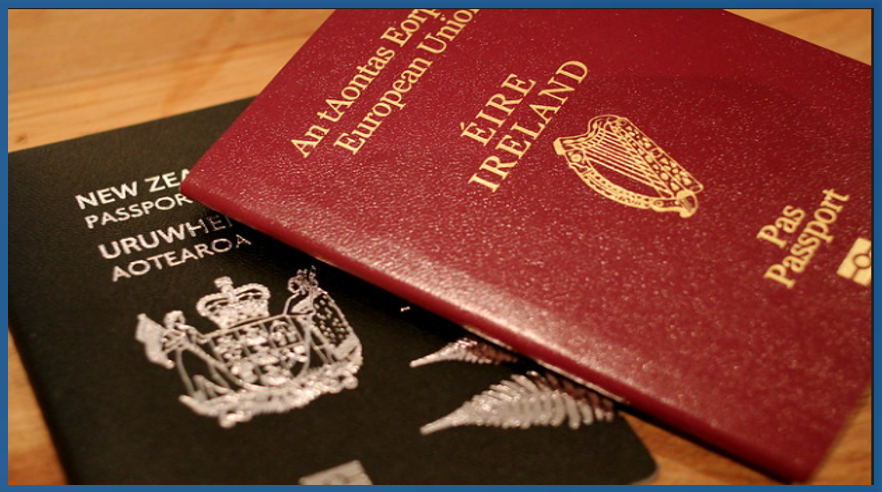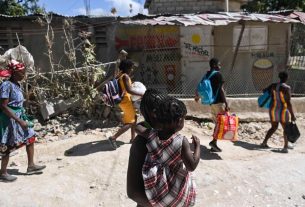Nation States Step In: A New Era for Protecting Citizens Abroad Amid Rising Hostilities
As immigration policies tighten and deportations rise across the globe—particularly in the United States—foreign nationals increasingly find themselves vulnerable to harsh treatment and legal precarity. While international courts and human rights frameworks often lack the teeth to offer swift remedies, a surprising actor has stepped forward: the states of nationality themselves.
Diplomatic Pushback: The Return of Consular Protection
Countries like Mexico, Brazil, and Colombia have begun mobilizing in defense of their nationals facing removal or ill-treatment abroad. From public reassurances and diplomatic protests to legal intervention and consular support, these states are reclaiming an older tradition—the protection of nationals abroad—once associated with 19th-century power politics but now reshaped through a human rights lens.
For example, Mexican authorities protested the shackling of deportees, framing it as a violation of personal and national dignity. Meanwhile, Algeria clashed with France over visa restrictions and forced returns, and the Philippines has leveraged its labor-sending power, threatening worker withdrawals to pressure Gulf states into improving conditions.
Human Rights vs. Sovereignty: The Limits of International Law
International human rights law—promising equal treatment regardless of nationality—was meant to supplant the older system of national protection. Yet, this ideal falters when states fail to ratify or enforce human rights treaties. As philosopher Hannah Arendt once warned, rights unattached to state citizenship risk becoming abstract and unenforceable.
In the absence of robust international mechanisms, the diplomatic and consular tools of nationality states become critical. Efforts by Mexico and Germany at the International Court of Justice (ICJ) to challenge the U.S. over violations of consular rights in death penalty cases underscore the potential of these interventions. More recently, Mexico has invested in legal defense programs for its citizens in U.S. capital cases, while Bangladesh has established safe houses for female workers in the Gulf.
A New Diplomatic Norm?
This trend reflects a broader rebalancing of international relations. States are increasingly using diplomatic influence to assert the dignity and rights of their diaspora—citizens who may also be critical economic actors through remittances and votes. Some countries, like the Philippines and Ecuador, now face scrutiny from UN treaty bodies for how well they protect expatriate workers.
Though not always successful—Colombia, for instance, backtracked after initially refusing to accept deportees—such efforts have prompted concessions from host states. Kuwait, after diplomatic pressure, signed a labor rights agreement with the Philippines.
Between Solidarity and Sovereignty
This resurgence of national protection raises important tensions. It may appear to privilege citizens over universal rights, but in practice, it serves to plug gaps in an international system still struggling to uphold basic standards of treatment for migrants. These efforts do not relieve host states of their obligations under international law; rather, they introduce new accountability through bilateral pressure and public diplomacy.
As global migration increases and international institutions remain constrained, the symbolic and practical impact of transnational solidarity is gaining new weight. These state-led interventions are reframing emigrants not as stateless outsiders, but as citizens with states that care—and act.
📘 Reference:
Mégret, Frédéric. “Protecting Nationals Abroad in Hostile Times: What Role for International Law?” Völkerrechtsblog, 23 April 2025. Read Original Article (URL may need manual search).
Irish and New Zealand Passport Picture on Flickr by S Rose



